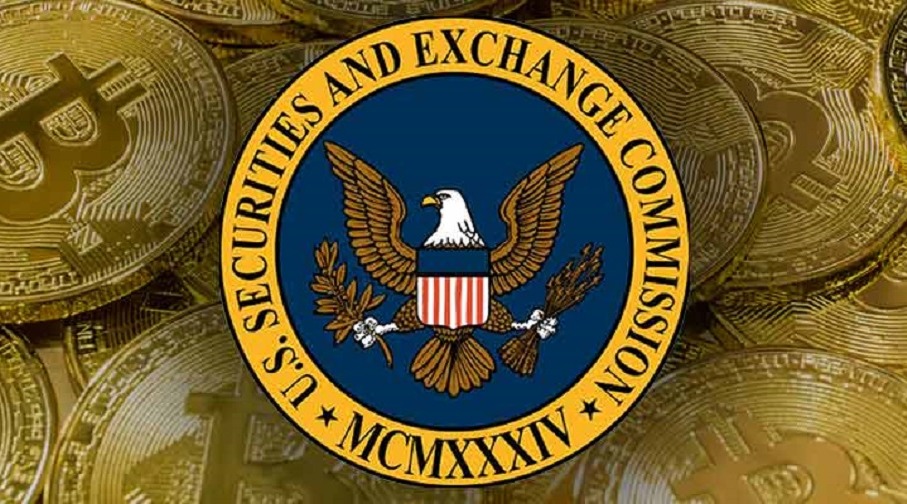The US Securities and Exchange Commission (SEC) on Wednesday issued a proposed rule to reduce risks in the clearance and settlement of securities. The proposal wants to shorten the standard settlements cycle for most broker-dealer transactions in securities from two business days to one. The regulator designed the proposed changes to reduce the credit, market and liquidity risks in securities transactions faced by market participants and U.S. investors. The SEC expects the risk reduction to eventually result in cost savings throughout the system as less margin is required by clearing agencies.
The proposal includes rules that expect registered investment advisers and broker-dealers to shorten the process of confirming and affirming the trade information necessary to prepare a transaction for settlement so that such transactions are completed by the end of the trade date.
The SEC Chairman, Gary Gensler, said: “These proposed amendments to the securities clearing and settling process if adopted, could lower risk to the financial system and drive greater efficiencies in the markets. First, these amendments would shorten the standard settlements cycle. As the old saying goes, time is money. Shortening the settlements cycle should reduce the amount of margin that counterparties would need to post with clearinghouses. Second, these changes would require affirmations, confirmations, and allocations to take place as soon as technologically practicable on trade date ('T+0'). Finally, the release would require clearing agencies that provide central matching services to have policies and procedures to facilitate straight-through processing, i.e., fully automated transactions processing.”
If the proposed changes are adopted as the SEC suggests, then a shorter settlements timeframe would reduce the volume and market value of unsettled trades. Further, it would lead to significant long-term cost reductions from improvements in operational efficiencies. And, it reduces clearing agency margin requirements, thus allowing funds to be used more productively and effectively, and gives investors access to their securities and funds sooner.
The SEC expects to receive comments from the public about the issues related to achieving same-day settlements and suggest methods for addressing them. The commission disclosed that it conducted a lot of work across a number of market participants to figure out how to implement a market trade-related settlement cleared within one day.
Using Blockchain for Securities Clearing and Settlements
In October 2019, the SEC ushered in a new era that allowed blockchain-based stock settlements. During that time, the agency gave the green light to three major brokerages, including Société Générale and Credit Suisse, to clear trades using the distributed ledger technology (DLT) known as the blockchain. This has allowed brokerages to record their stock trades with each other on the blockchain rather than on the legacy computers of the Depository Trust & Clearing Corporation, a US post-trade financial firm responsible for providing clearing and settlements services to the financial markets.
Blockchain is one such innovation that has been recognized as a means of transforming payment, clearing and settlements processes, including how funds are transferred and how derivatives, securities and commodities are cleared and settled. Firms are increasingly deploying blockchain in payments, clearing and settlements to reduce or eliminate operational and financial inefficiencies and other friction that exists in current methods of transferring, recording and storing digital assets throughout financial markets.


















